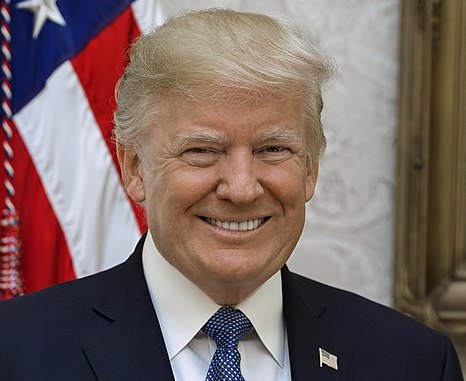Ira Lacher weighs in on the Mueller investigation report (based on the limited information currently available). -promoted by Laura Belin
No collusion.
Well, what did we expect?
Conspiracy, as any criminal lawyer will tell you, is a bitch to prove. You have to convince a jury beyond a reasonable doubt that that several entities willfully determined to enter into an agreement of criminal intent.
There is also a reluctance on the part of jurors to convict on the basis of a single criminal act. And apparently, the Mueller investigation could find no such evidence.
No such indictment would have stood up in court. As Paul Marcus of the College of William And Mary Law School wrote in a classic paper about conspiracy, “Proving intent is not easy, particularly if: (1) the defendant denies he had the intent; (2) the defendant is an otherwise honest business person; or (3) the courts require a different sort of intent than that required for the substantive offense.”
Trump denied collusion from the get-go. While his dealings have left a bunch of bankruptcies and out-of-court settlements, he has left no legal record of constant dishonesty, and there is no different sort of intent required.
Did the Russians interfere in the 2000 elections? The U.S. intelligence community believes expressly so. Did the Trumpies meet with the Russians? Apparently yes. But what’s lacking is more than the smoking gun; it’s the missing link between state of mind and agreement of intent.
So, does “no conspiracy” mean “no collusion”? This we do not know. We do know that the legal sense of the term is different than the real-world sense of the term.
Reasonable people can conclude that if Russian operatives partnered with WikiLeaks to release thousands of emails damaging to Hillary Clinton — which they did — this helped the Trump campaign.
Reasonable people can conclude that if the Trumps met with the Russians during the presidential campaign to discuss a business investment in Moscow — which they did — this helped Trump’s business.
Reasonable people can conclude that when Trump fawns all over Russian President Vladimir Putin, he has a reason to be grateful.
People have compared this to Watergate. But it’s really about O.J. Simpson.
In 1995, Simpson was found not guilty of the murders of Nicole Brown Simpson and Ron Goldman. Several jurors mentioned that they believed O.J. did it but the prosecution couldn’t prove it. Many white people believe that O.J. did it. Many black people believe he didn’t. Those opinions have more to do with a person’s belief system than the result of legal proceedings. The same will be true about how people feel about the Mueller report, even though there were no legal proceedings — and likely will never be.
Whether the full report is released to Congress and the public and whether the full results will ever be known is moot. Many people will believe that Trump did collude with the Russians to fix the election. Many people will point to the language of the report and say it clears Trump. And nothing will dissuade them. It will be years, if ever, before the full story behind the scope of the investigation and the scope of Trump’s involvement, if any, become known.
But, just as with O.J., the cloud will never lift.


1 Comment
He didn't fix the election
Donald Trump and the Russians did not “fix” the elections as you state. All the evidence you have provided toward the claim of “interference” in our elections is that they worked with WikiLeaks to release Hillary Clinton’s emails. These emails were in fact real, and people should have in fact been able to see those emails as they illustrate the collusion between the DNC and the Hillary Clinton campaign to fix the Democratic primary. Providing the public with relevant information towards a candidate, regardless of intent, is not “fixing” an election. The emails released by WikiLeaks only confirmed to many members of the electorate their preconceived notions of Hillary Clinton’s integrity and her establishment figure. If they hacked into Bernie Sanders’ emails for example, this “interference” would likely have no affect on the election because Sanders’ didn’t attempt to rig the primary. The fault of Hillary Clinton’s loss in 2016 was Hillary Clinton. We need to stop blaming other parties involved because in reality, if anybody other than Hillary Clinton was running against him, they would have won the electoral college.
Yes, I am sure there are plenty of faulty business dealings that Trump is involved in. Now, if the Trump campaign did indeed “collude” with the Russians to release Hillary Clinton’s emails, how is that substantially different than Trump going to any opposition research firm in Washington D.C. and doing the same exact thing. Trump is a criminal, but for his business dealings, not his electoral strategies and the more we play this narrative out that he is some sort of Russian spy the more deranged we look and the more valid claims of extreme partisanship within our current political climate are. Certain things are worth fighting for, mainly policies, but not lose arguments which could certainly be made about members of our own party.
Pierce Long Tue 26 Mar 8:08 AM